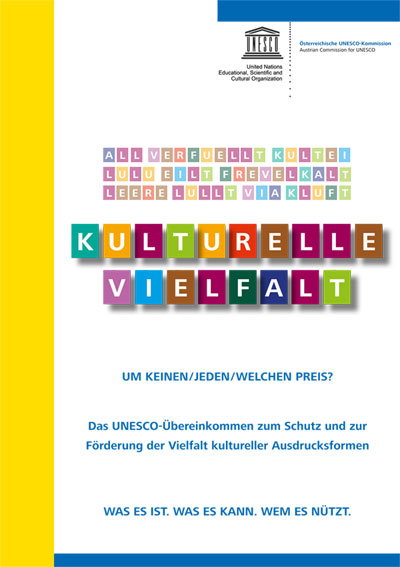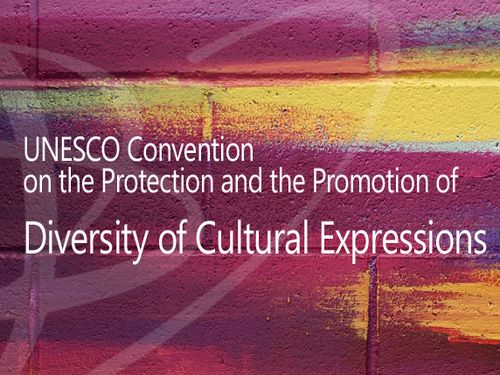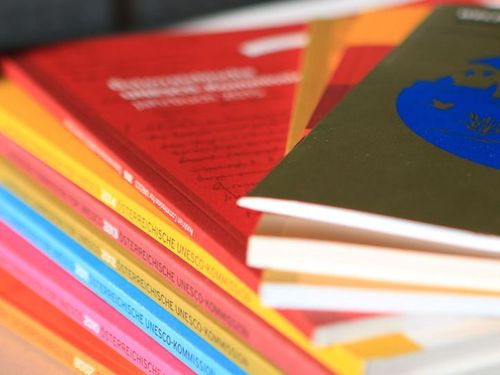Objective: Sustainable systems of governance in the cultural sector
Promoting cooperation and networking between different players from politics, administration and civil society is one of the defined goals of the UNESCO Convention. Policies for promoting the diversity of cultural expressions should “be based on substantiated, transparent and participatory political processes” and should therefore “contribute towards a sustainable system of governance in the cultural sector.”
This involves cooperation between different specialist departments – from educational and media policy to economic and trade policy – in order to allow measures related to cultural policy to be initiated interdepartmentally as well. However, this also means establishing participatory models between civil society and public decision makers in order to maintain a reliable basis of data for monitoring policies and evaluating their impact.
In order to support cooperation and networking between the different players, the following committees were established as part of the of the Austrian Commission for UNESCO:
-
Advisory Panel on Cultural Diversity
The Advisory Panel on Cultural Diversity is made up of representatives from the relevant federal ministries, the Austrian federal states and independent experts that operate as a point of intersection to the “Working Group on Cultural Diversity”. The advisory panel supports the implementation process with its factual expertise, advises on priorities and supports the coordination of the “cross-sectoral material" culture (pursuant to Article 13 of the Convention).
-
Working Group on Cultural Diversity
The Working Group on Cultural Diversity (ARGE) is the central dialogue platform enabling civil society’s active participation in the process of implementing the Convention in Austria. Participants in the ARGE include researchers, artists, cultural workers and their advocacy groups as well as representatives of the state and its federal states, who partake as observers. The ARGE focuses primarily on matters deemed relevant and necessary for implementing the Convention by representatives of civil society. Furthermore, the ARGE guides the discussion process on an international scale. As such, proposals on Austrian perspectives offered by the ARGE have been successfully introduced in UNESCO negotiations in close cooperation with leading ministries.
-
National point of contact for matters pertaining to the Convention
The Austrian Commission for UNESCO functions as a national point of contact (or focal point) for all matters pertaining to the Convention in Austria: it offers information and advice, handles key topics for implementation in Austria, develops expertise, oversees the Advisory Panel and the “Working Group on Cultural Diversity” and carries out public relations work. The foundation of its work is a departmental agreement between the ministries responsible for art and culture and for foreign affairs (BMKÖS and BMEIA, respectively), which define the funding, profile and key activities of the point of contact.
These specialist committees established by the ÖUK also function as a point of intersection at an international level. For instance, the Austrian ARGE is a member of the “European Coalitions for Cultural Diversity”, an association which concentrates on supporting the diversity of cultural expressions within the scope of the European Union. Likewise, the point of contact functions as an interface to other national points of contact and the UNESCO Secretariat of the Convention.





